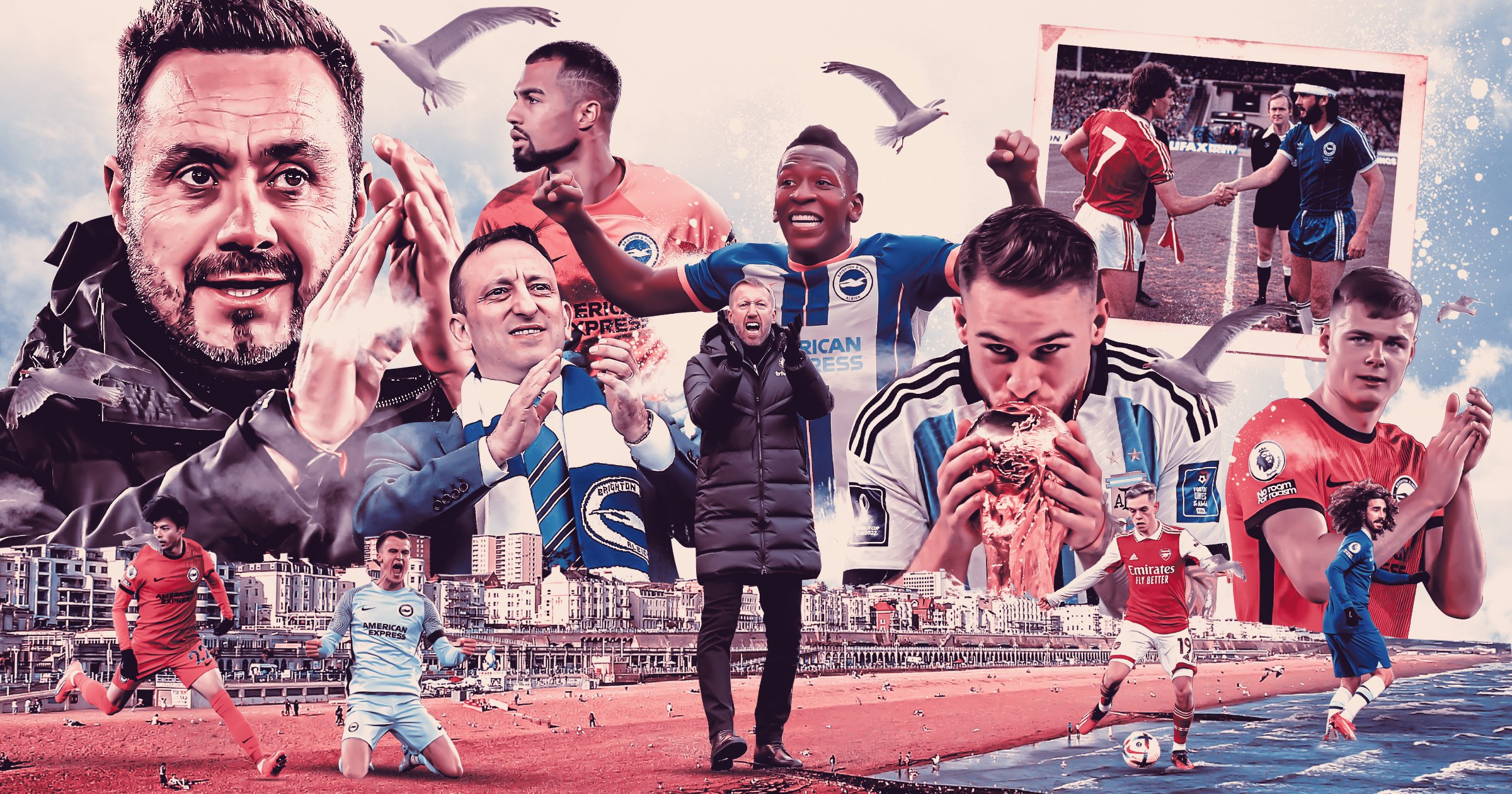
Some clubs are so annoyingly well-run, it makes their rivals look like amateur hour.
So while seek an eighth manager in seven years to paper over the cracks of institutional malfunction and drag them out of the relegation mire, and spend £30million on Gianluca Scamacca then six months later pay £12m for to score the goals Scamacca has failed to find, Brentford flirt with the top six on a shoestring and quaint old Brighton take time out from their own exceptional exploits in the Premier League to prepare for an tie with Liverpool – a team they defeated 3-0 at the same Amex Stadium just two weeks ago. How do they do it?
Coaching carousel
When Graham Potter left for Chelsea in September it would have been impossible to imagine Brighton being linked with both Sean Dyche and Marcelo Bielsa, as Everton were this week. Not because either is a bad coach, far from it, but because they are very different coaches likely to thrive with very different squads.
Having both Bielsa and Dyche in the frame was more evidence that Everton lack a clearly defined identity and hints at the kind of muddled thinking Brighton just don’t indulge in.
So when Chelsea came calling for Potter, the brains trust of chairman Tony Bloom, vice-chair Paul Barber and technical director David Weir sought a coach who could build on Potter’s successful work since replacing Chris Hughton in 2019. A coach who could prosper with the same group of players.
Under Roberto De Zerbi, the Seagulls have played with more verve and intent than his predecessor but a lot of the Italian’s success can be attributed to the fact he is a great fit; a talented coach, yes, but one placed in an ideal environment.
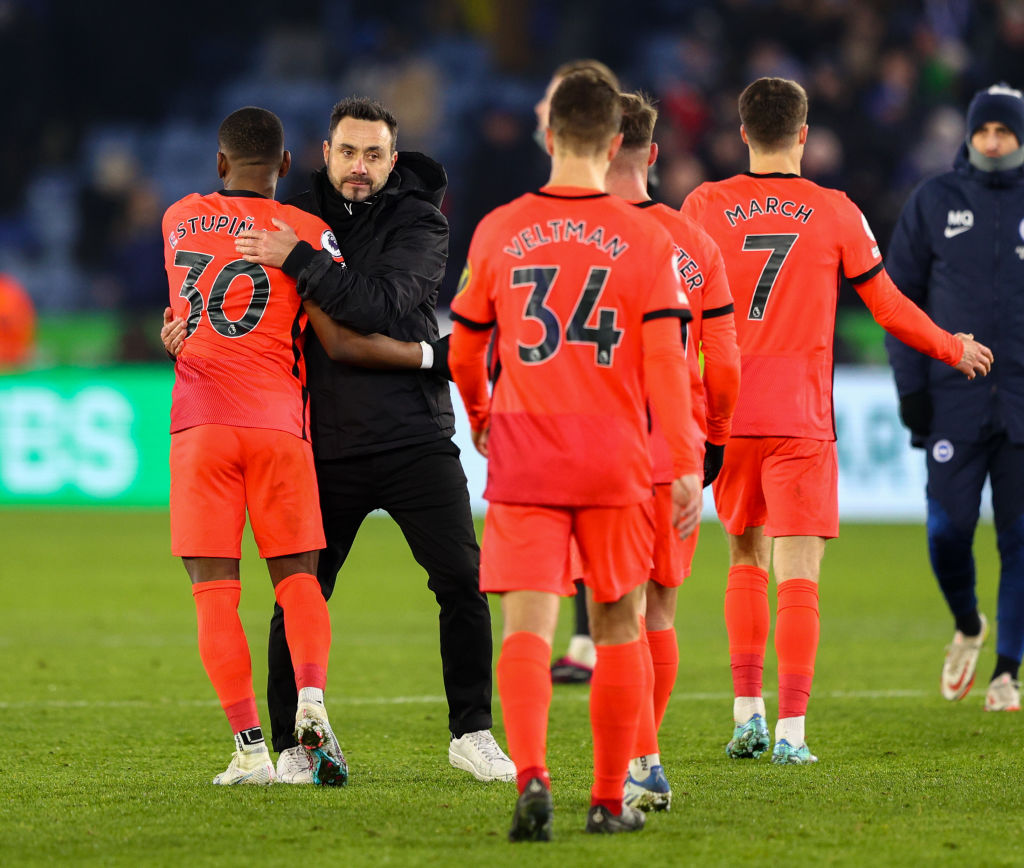
Playing the long game
When you over-achieve and forge a reputation as a model club, it is not just your coaches who attract interest from your rivals, of course. Good players, like good managers are always likely to move on from a mid-ranking club. The secret is in seamlessly replacing them. When Brighton sold left-back Marc Cucurella to Chelsea for more than £55m – £40m more than they paid for him just 12 months earlier – they moved quickly to sign little-known Pervis Estupinan.
Six months later, Seagulls fans are not missing Cucurella much. Likewise, when Leandro Trossard made it clear he would not extend a contract which expires next summer Brighton sold the left winger to Arsenal for a cool £28m. This time there was no need to hunt for a replacement – Brighton had bought Kaoru Mitoma way back in 2021 and, after a year on loan with Union Saint-Gilloise, the Japanese flyer had already displaced Trossard from the team.
Alexis Mac Allister and Moises Caicedo – a breakthrough star afforded a greater role by the £30m sale of Yves Bissouma last summer – are the latest to attract interest.
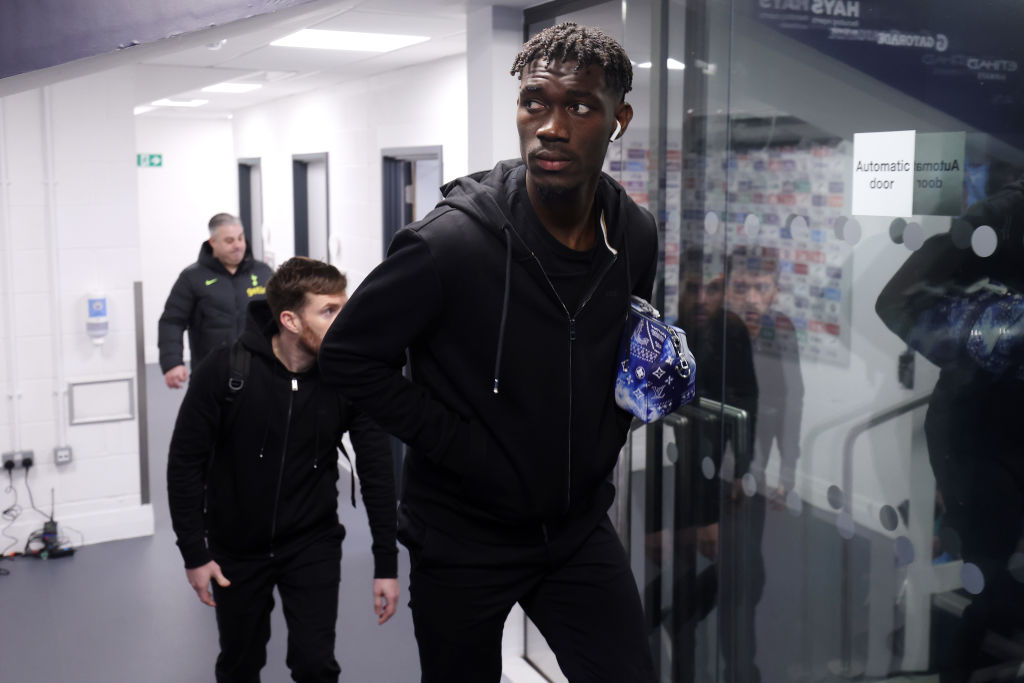
With a World Cup winner’s medal in his pocket, Mac Allister is unlikely to stay forever but he also seems in no rush to leave. Caicedo, just 21 but already on Chelsea’s radar, said this week: ‘You hear rumours here and there but I only try to be focused on the club where I am now, the club which opened the doors for me.’
That last comment is key – emerging players know this is a club which can further their careers, and one which is likely to grant them their dream move when the time and price is right. The success is self-perpetuating, everyone wins.
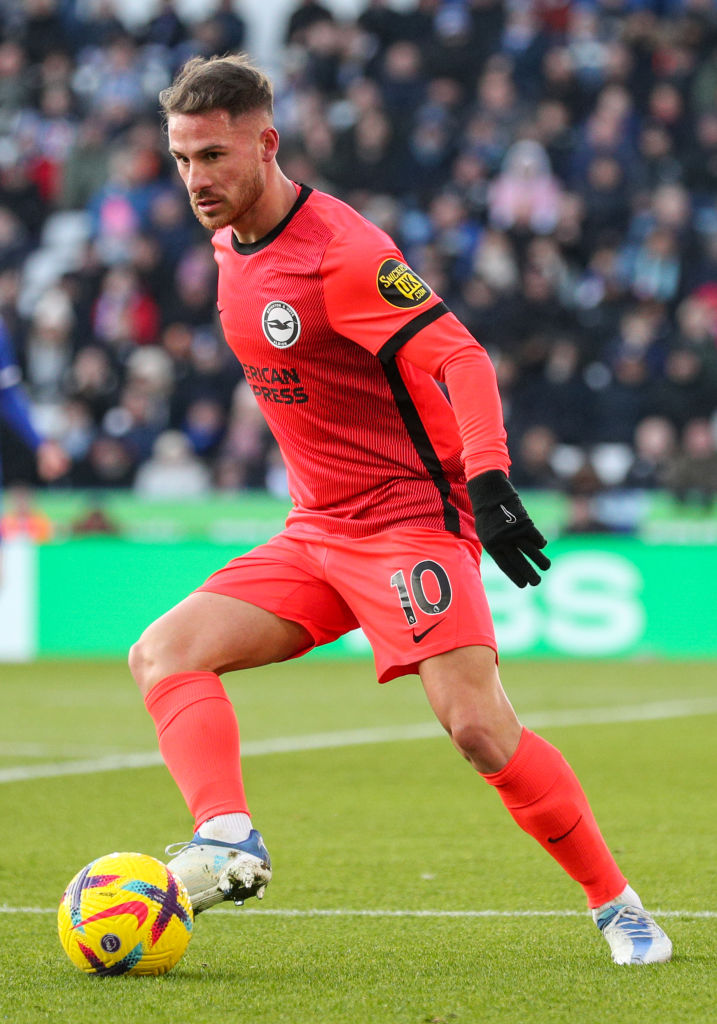
Mistakes will be made – Jose Izquierdo was one – while Danny Welbeck and Adam Lallana prove there will always be room for experience, but the overarching philosophy remains the same. Research, identify, pounce, place in the best environment to succeed and the rest can take care of itself.
Homegrown talent
Among the Ecuadorians, Japanese and other exotic players that make up a forward-thinking Premier League squad, Lewis Dunk and Solly March have been Brighton stalwarts for a decade – Dunk played in the first match at the Amex Stadium in 2011, March joined the club later that year.
Dunk was born in the city, joined the club at 12 and has been Brighton’s captain since 2019. Born down the coast in Eastbourne, March joined Brighton at 17, has been a first-team regular for a decade and is arguably in the best form of his career under De Zerbi.
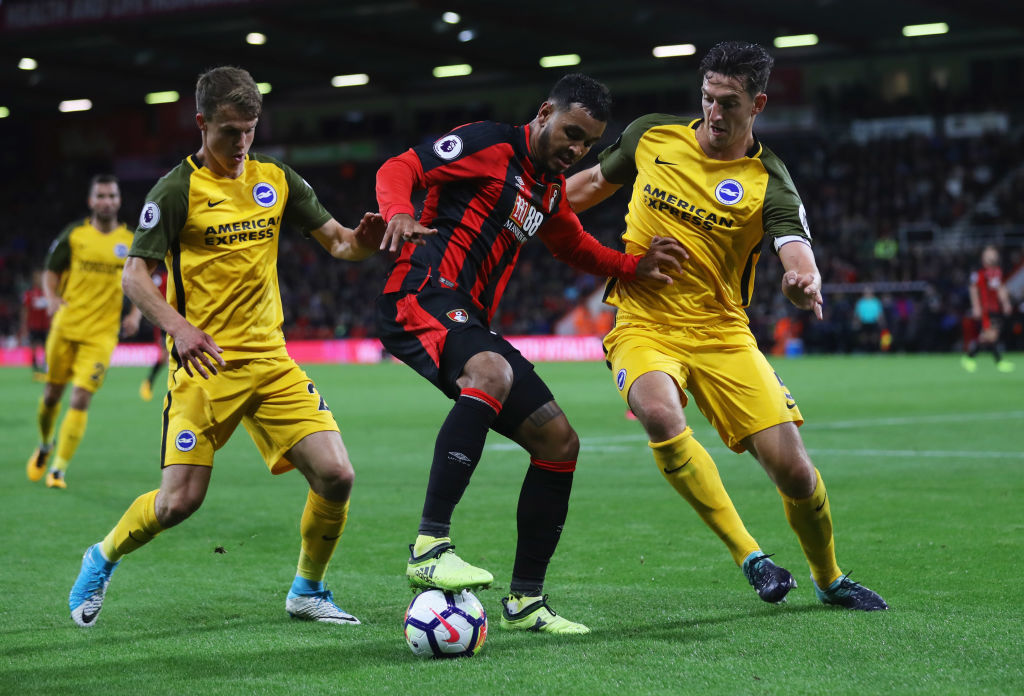
Both ensure the Seagulls retain a local identity amid an increasingly global outlook. But homegrown talent is not a thing of the past. Evan Ferguson’s brogue is unmistakably Irish but the striker joined Brighton at 16.
When the Seagulls sold Neal Maupay to Everton for £10m last August and did not sign a replacement, Ferguson sniffed his chance. Despite only turning 18 in October, the burly striker has three Premier League goals in five games – two more than Maupay has netted for Everton.
Stable and clear-headed thinking
Players, coaches, administrators – when you succeed, everyone wants a piece of it. So when Newcastle’s new Saudi owners decided their petrodollars needed spending wisely, they poached Seagulls technical director Dan Ashworth.
With succession planning also applied to their coaching staff, Brighton looked within and promoted ex-Scotland defender Weir to the key role.
One day Mitoma, Mac Allister, Caicedo, De Zerbi and others will seek new opportunities. If Brighton continue to excel, Weir might also be headhunted.
But the stability and clear-headed thinking provided by Bloom and Barber give Brighton, who have not been in a major final since the 1983 FA Cup, the best chance of continuing to prosper. It’s no accident, some clubs are just built that way.
, .
, and .





















